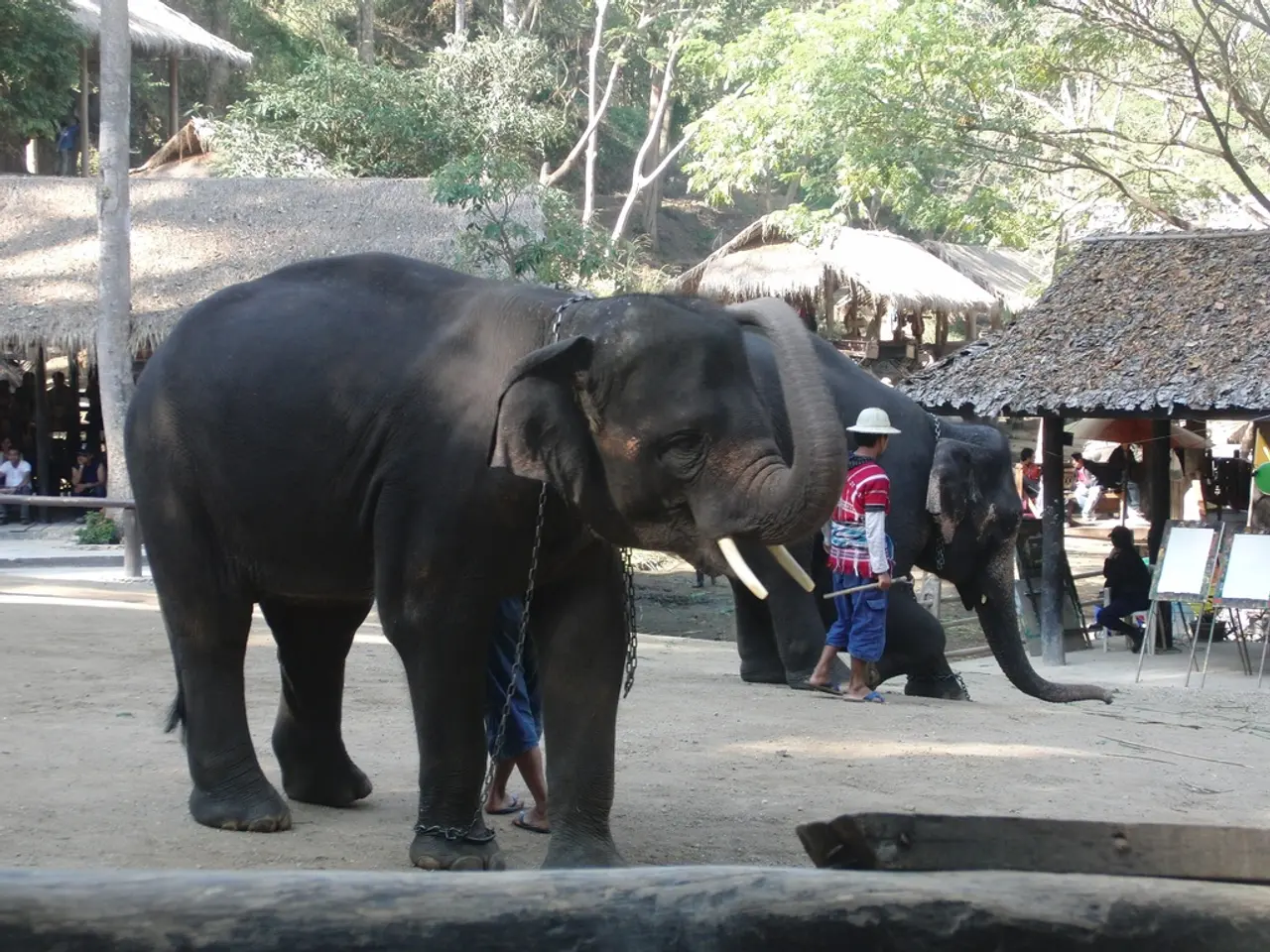Pursuit of the Ideal President by Kenyans Likely to Remain Unachievable for Extended Periods
In the heart of East Africa, Kenya's political landscape has been characterised by ambition, contradiction, and compromise. Each president that has ruled the country has faced allegations of corruption and fostering a punitive political culture, leaving the electorate in a constant state of disappointment.
Daniel Arap Moi, who succeeded Kenyatta and ruled for 24 years, initially exhibited a meek demeanor but became more authoritarian after a 1982 coup attempt. He allowed multiparty democracy in 1992 and peacefully handed over power in 2002. Moi's successor, Mwai Kibaki, marked his presidency with significant infrastructural development and a revival of Kenya's economy. However, his tenure was also marred by internal sabotage, corruption scandals, and post-election violence.
The first president, Jomo Kenyatta, is remembered for stabilising the post-colonial state and championing African identity. Yet, he is also accused of ethnic favouritism and unequal land distribution. The post-election violence in 2007-2008 was a significant event during Kibaki's presidency.
Fast forward to the current administration of President William Ruto, who was initially welcomed with high expectations due to his campaign promises to empower the common people and challenge the political and business elite. However, his decision to raise taxes and the association with unsustainable national debt from the previous administration have disappointed many voters.
The continuous disappointment of the Kenyan electorate is mainly due to several interconnected factors. Economic hardship, unkept campaign promises, lack of genuine responsiveness and inclusivity in governance, corruption, repression of political dissent, and weak political party structures all stunt the emergence of credible, transformative presidential leadership in Kenya.
The youth, in particular, feel unheard and believe that their leaders do not actively listen to public concerns or accept criticism. This disconnect fosters disillusionment, as the youth desire truthfulness, hope, visionary leadership, and honest stewardship of national resources without corruption or nepotism.
Moreover, Kenyan political parties often revolve around single leaders or ethnic/regional interests rather than clear policies or inclusive agendas. This fragmentation undermines cohesive national leadership and limits meaningful democratic engagement, especially for young people seeking reform.
Corruption, a significant issue in Kenya, with an estimated Sh608 billion lost annually, which is around 7.8% of the GDP, is most prevalent in public institutions. Critics accuse the government of each president in Kenya's history of being constrained by entrenched patronage networks, systemic grids, and external pressures.
As the 2024 National Ethics and Corruption Survey reveals, corruption is the second most pressing issue in Kenya. Allegations of misuse of public funds and opaque spending have further eroded public trust. It is a contradiction that a president becomes 'good' when they leave power in Kenya.
To break this cycle, Kenyans must actively cultivate a culture rooted in truth and integrity. As the characters in Beckett's Waiting for Godot might say, they must not wait for a perfect president but become the change they wish to see. The vision of an ideal president will remain an illusion as long as honesty is penalized and mediocrity is rewarded.
[1] "Kenya's Unkept Promises: The Disappointment of the Kenyan Electorate." The East African, 15 July 2022. [2] "Youth Disillusionment in Kenya's Political Landscape." The Standard, 23 August 2022. [3] "Fragmented Politics and the Future of Kenya." Al Jazeera, 1 September 2022.
- Despite the promises of a transformative leadership, the chosen president, William Ruto, has disappointed a significant portion of the electorate with his decision to raise taxes and the association with unsustainable national debt from the previous administration.
- The epaper, 'Fragmented Politics and the Future of Kenya', discusses the inadequacies of Kenyan political parties revolving around single leaders or ethnic/regional interests, which undermines cohesive national leadership and limits meaningful democratic engagement, particularly among impatient and disillusioned youth in search of reform.








